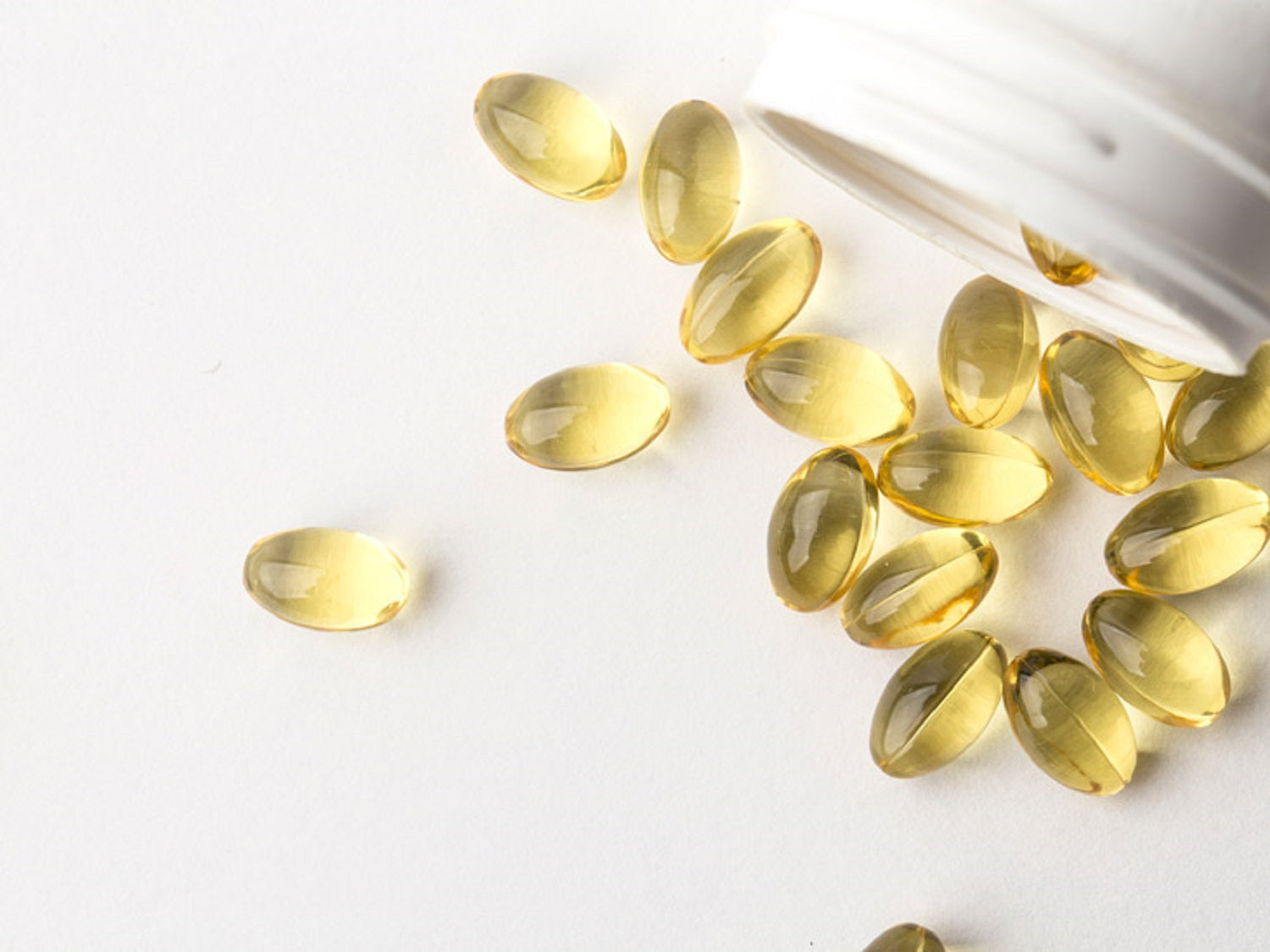Is There A Vegan Alternative To Fish Oil?

Vegans still need to get the omega-3s their bodies require to stay healthy – but is there an alternative to fish oil? This guide will cover why vegans cannot get omega-3s from traditional sources, as well as what their best options are.
Do Vegans Eat Fish?
The vegan diet requires that individuals avoid eating any animal products. That means they cannot have meat, dairy products, honey, or fish!
Omega-3s are the fatty acids you get from the tissues of oily fish like tuna, anchovies, and herring. They provide various benefits, including boosting your brain health and reducing your risk of heart disease.
Most people can get omega-3s by eating at least 1-2 servings of fish each week or by supplementing their diets with fish oil capsules. Consuming fish oil in this way allows us to directly absorb the EPA and DHA – the two most potent omega-3s.
What about vegans who must abstain from eating animal products? There are some plants, like algae, that contain omega-3s.
Unlike their fish counterparts, though, these omega-3s must be converted inside your body before being absorbed. The omega-3s they contain is ALA, which must be changed into DHA and EPA. Some studies have found it more difficult for men to make this conversion than women.
Omega-3s for Vegans
The good news for vegans is that there are plenty of alternatives to fish oil! Let’s dive into various ways you can supplement your omega-3 intake as a vegan.
Algae Supplements
The most popular way for vegans to replace fish oil is through algae supplements. Not only does algae not come from an animal, it also doesn’t have the environmental impact often associated with the fishing industry. Similarly, since algae are lower on the food chain, there is less risk of contamination.
The EPA and DHA you get from algal oil are triglycerides, so it has fewer issues with absorption when compared to ethyl esters. However, algae supplements will not contain omega-7 fatty acids – you can find this in fish oil, and it also provides additional health benefits.
Note that some traditional fish oil manufacturers have started adding algae into their products, so ensure that the option you choose is vegan and cruelty-free. This option may be more expensive than regular fish oil, but it is ideal for vegans!
Flaxseed
Another way that vegans increase their omega-3 intake is by eating flaxseeds. Although flaxseeds do not contain DHA and EPA, they are made up of a different type of omega-3 fatty acid: ALA.
Our bodies don’t produce ALA, so the only way to get it in your body is by eating foods that contain it.
Researchers have found that the ALA you absorb from flaxseeds can stop cholesterol from accumulating and building up in your blood vessels. It also helps to combat inflammation within the arteries, as well as reduce the growth of tumors.
Other benefits of flaxseed include healthier skin and hair! You can add flaxseeds to various recipes, from green smoothies to salads.
Walnuts
Vegans can also eat walnuts to get the omega-3s they need. Note that these come in the form of ALA, but the concertation in just one walnut is very high.
In other words, you only need to eat a few walnuts a day to boost the levels of ALA in your body! A small portion of these omega-3s will be converted into DHA and EPA – so you can enjoy the benefits of all three fatty acids.
If you don’t want to eat walnuts on their own, you can easily break them up into a salad for a tasty – and healthy – treat!
Chia Seeds
Chia seeds are also a great alternative to fish oil for vegans!
One tablespoon of chia seeds has almost 2500 mg of omega-3s, so they are very potent and nutrient-dense. They also contain a significant amount of calcium, potassium, and zinc, so omega-3s aren’t the only reason you should add chia seeds to your diet!
Additional benefits of chia seeds are that they can reduce your risk of diabetes and heart disease.
